Census 2020
Keep up with our latest demographic insights
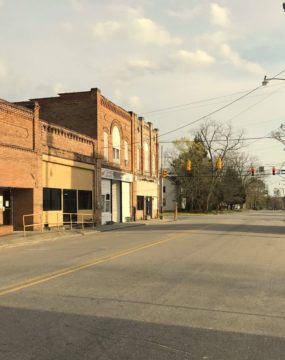
Yesterday SCOTUS issued an order setting aside a lower court order that extended the 2020 Census through October 31, 2020, allowing the Trump administration to end counting soon. Last night, the Census Bureau issued an operations update stating that Census collection will end on October 15, 2020. Here's what you need to know: When does the Census end? Self-response and field data collection operations for the 2020 Census will conclude on October 15, 2020. Specifically:…

As of Friday, October 9, 2020, you have until October 31, 2020 to complete the 2020 Census. This may change, however, depending up on the outcome of the administration’s appeal to the U.S. Supreme Court. This decision may come as soon as Saturday, October 10. At present, the Census Bureau is reporting that 99.6% of North Carolina households have been enumerated (counted). We’ve gotten a few questions regarding this number and more recent news on…
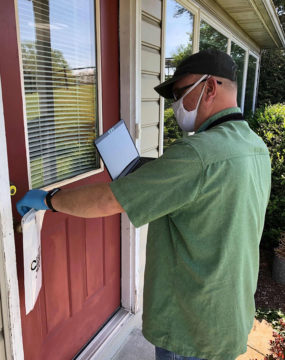
A federal judge ruled that the Census count must be extended to October 31 and cannot end a month early. The order also extends the tallying process by four months, as originally requested by the Bureau in April. While an appeal is expected, as of now, the 2020 Census self-response deadline is October 31, 2020, not September 30. This is good news for North Carolina, because we have significant work to do to ensure a…
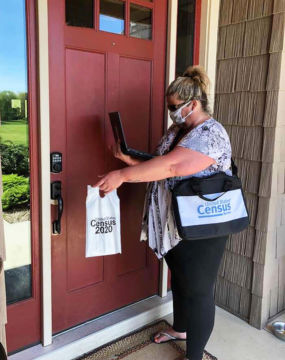
Note: As of today, September 22, 2020, the 2020 Census self-response period will officially end on September 30. This end date is still under deliberation, however, and may shift back to October 31, depending upon the outcome of an ongoing legal challenge. We have one more week to count all North Carolina households in the 2020 Census. Here's how North Carolina is doing as of September 21st: North Carolina's response is low compared to other…
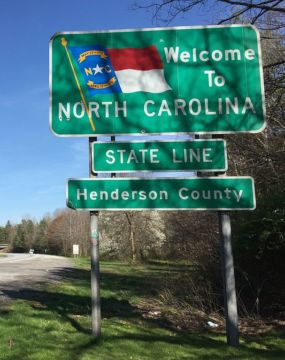
We are sharing the testimony of Stacey Carless, the Executive Director of the NC Counts Coalition, who is testifying before the House Committee on Oversight and Reform today on "Providing the Census Bureau with the time to produce a complete and accurate Census." The PDF version of her testimony is here. September 10, 2020 Chairwoman Maloney, Ranking Member Comer, and Members of the Committee: I am Stacey Carless, Executive Director of NC Counts Coalition. I…

Non-Response Follow-Up (NRFU) for the 2020 Census began nationwide on Tuesday, August 11th. Last week, the Census Bureau began releasing daily reports on total enumeration—the percent of housing units that have self-responded plus the percent that have been captured in NRFU —for the nation and all 50 states, DC., and Puerto Rico. This proportion ranges from 1.7% in Idaho to 29.1% in West Virginia. Based on these reports, North Carolina, and the southeast more broadly,…

As of August 18, 2020, nearly three in five North Carolina households had responded to the census online, by mail, or by phone (59.8%). This is below the national average of 63.9%. It is also below North Carolina’s self-response rate in 2010 (64.8%) by five percentage points, despite the two-and-a-half additional months of self-response compared to the last census due to coronavirus-related extensions. Every household that does not self-respond to the Census must be counted…
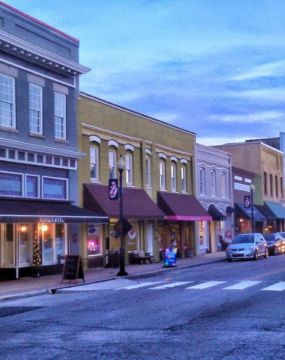
More than four in every ten North Carolina households have not yet filled out the 2020 Census, representing more than 4 million North Carolinians not currently captured in the Census. Our current response rate is below the national rate and below where our state was in 2010. North Carolina communities that have not responded at high rates are predominantly rural, Black, and Brown, with low internet access. It is vital to our state that all…
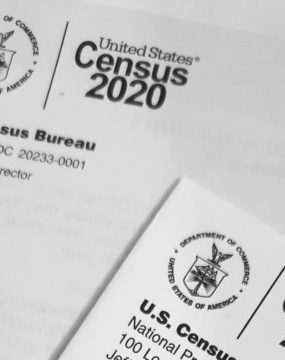
A complete and accurate census count is incredibly important. The census shapes how billions of dollars in federal funding are distributed (including $43.8 billion to North Carolina), how political seats are apportioned, and how communities plan for their future residents. Historically, certain populations have been undercounted in the census, due to a variety of factors. In 2010, the Census Bureau estimated the census missed about 2.1% of the Black population nationwide. For young children, the…

Every household that doesn’t fill out the census form online, by mail, or by phone—known as “self-response”—enters the Census Bureau’s non-response follow-up (NRFU) universe. During NRFU, the Census Bureau sends trained enumerators door-to-door to collect census responses directly. This is an expensive and time-consuming process. NRFU was supposed to start in May 2020 but has been delayed due to COVID-19. The Census Bureau currently plans to begin NRFU operations in mid-August. To understand which communities this might impact, we examined shifts in the tracts with the lowest self-response (bottom 20%) and compared low response rates on March 20th with the lowest responding tracts as of May 17th. (The bottom 20% is a fluid group. The tracts in the bottom can change week to week as certain communities increase their response rates.)
Your support is critical to our mission of measuring, understanding, and predicting population change and its impact. Donate to Carolina Demography today.